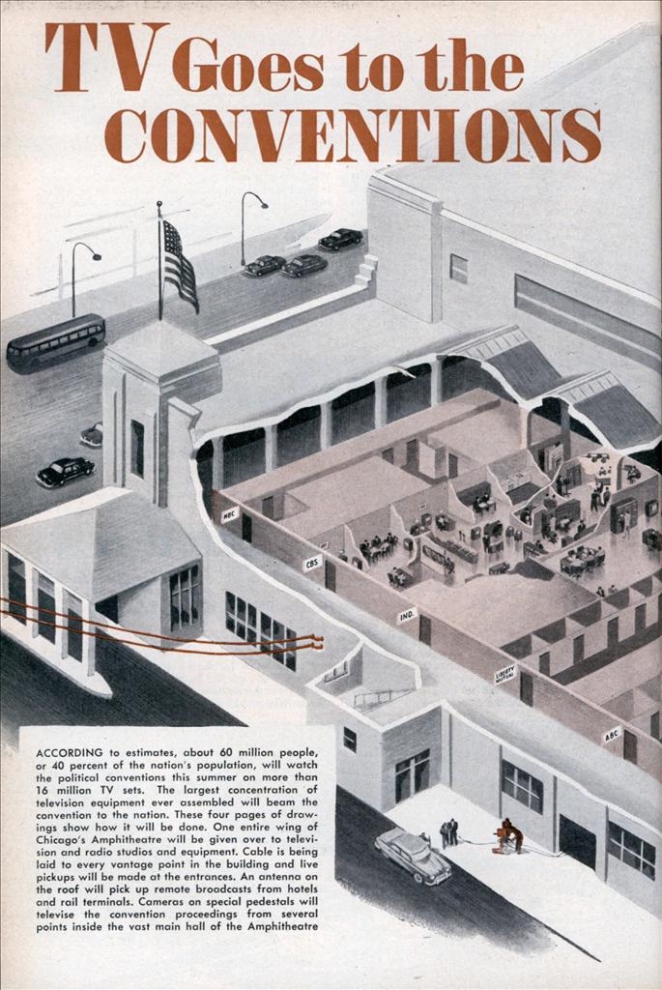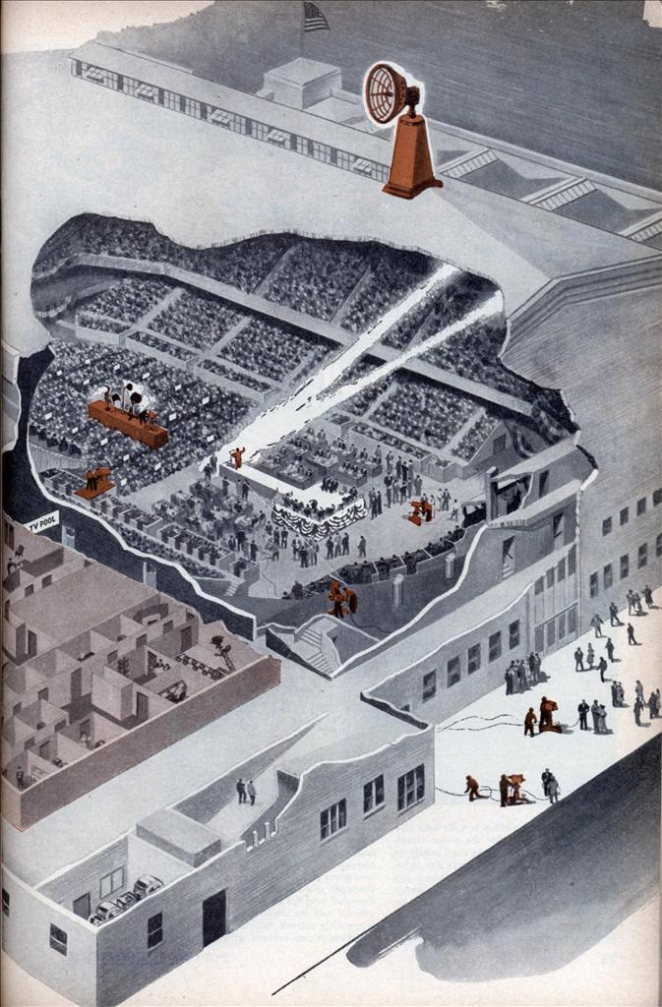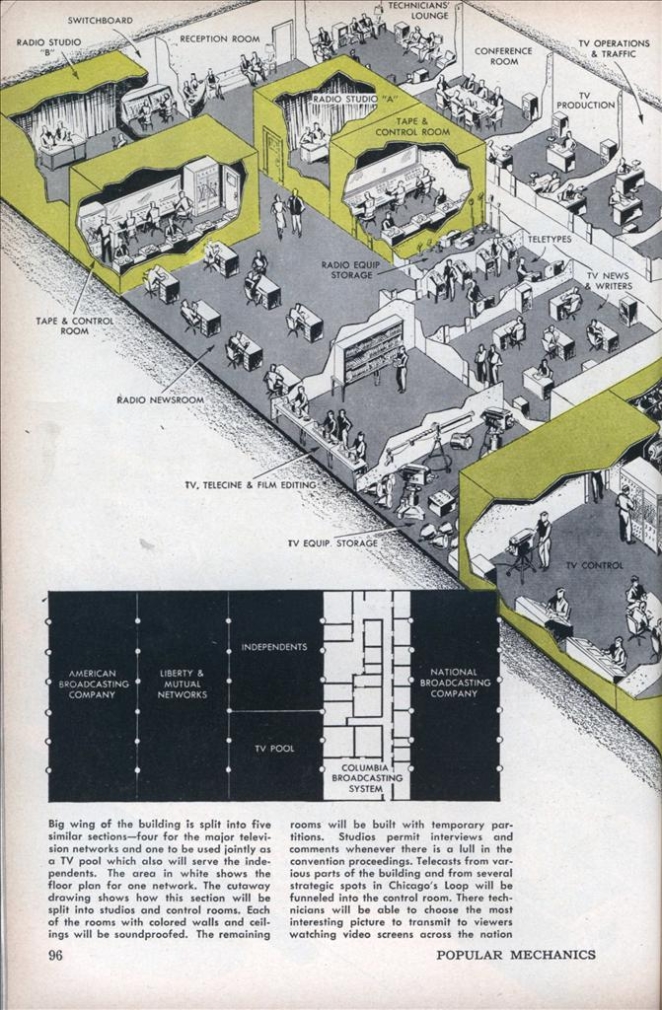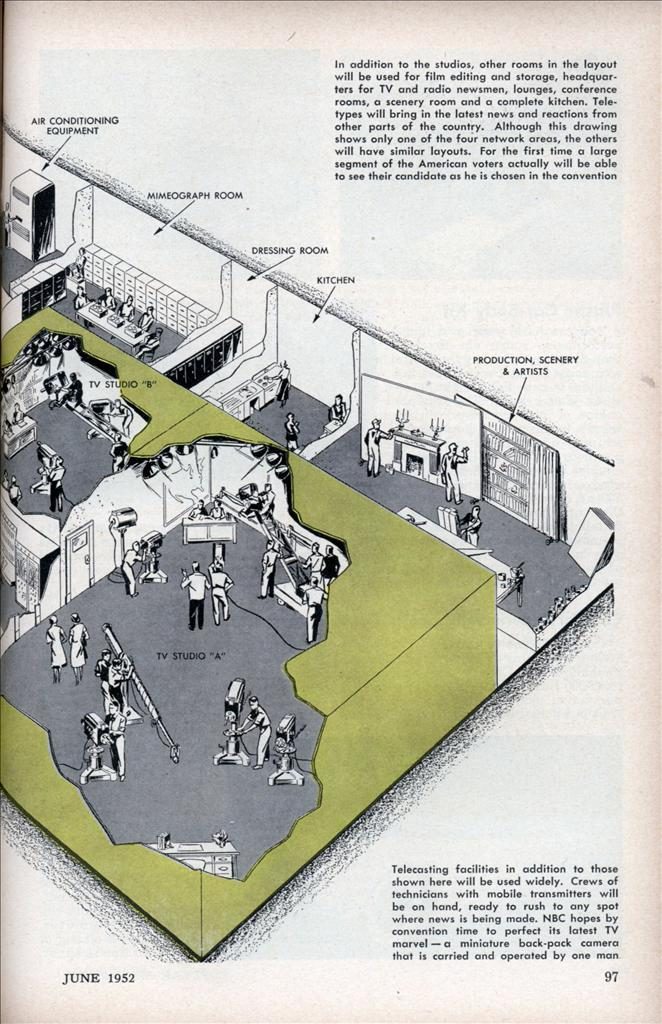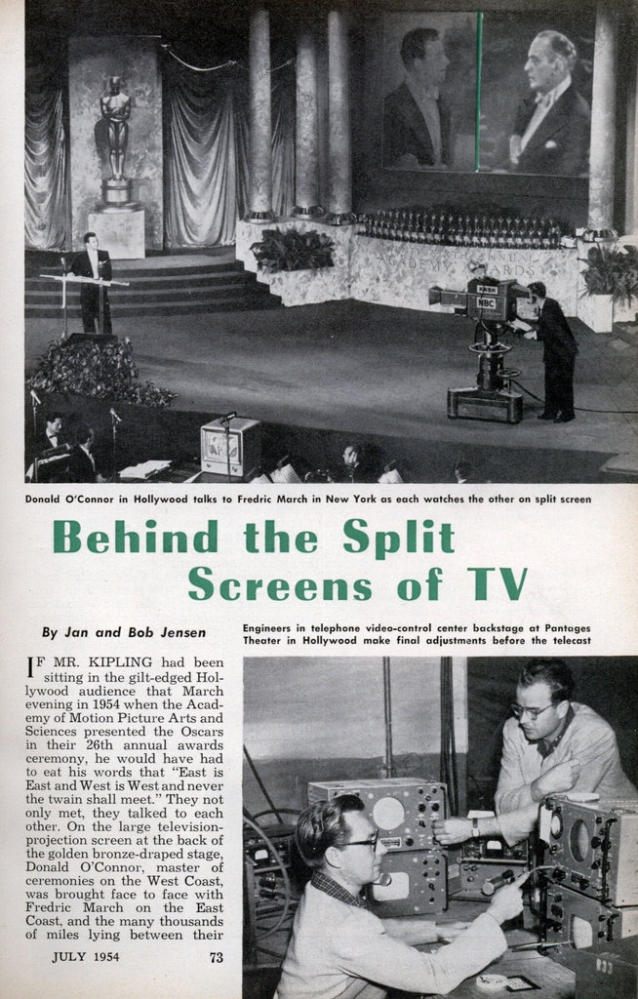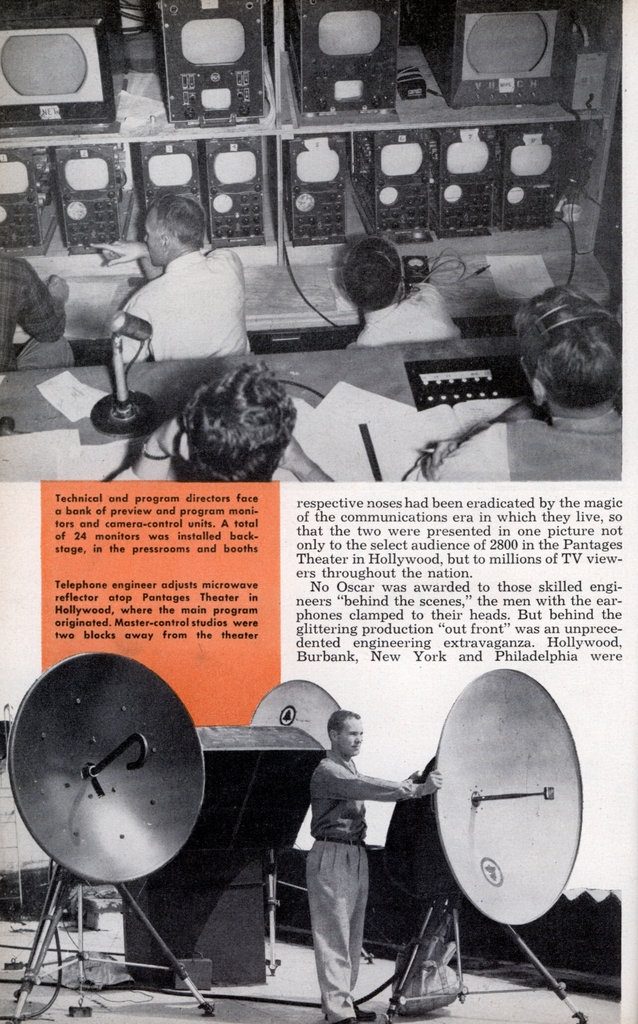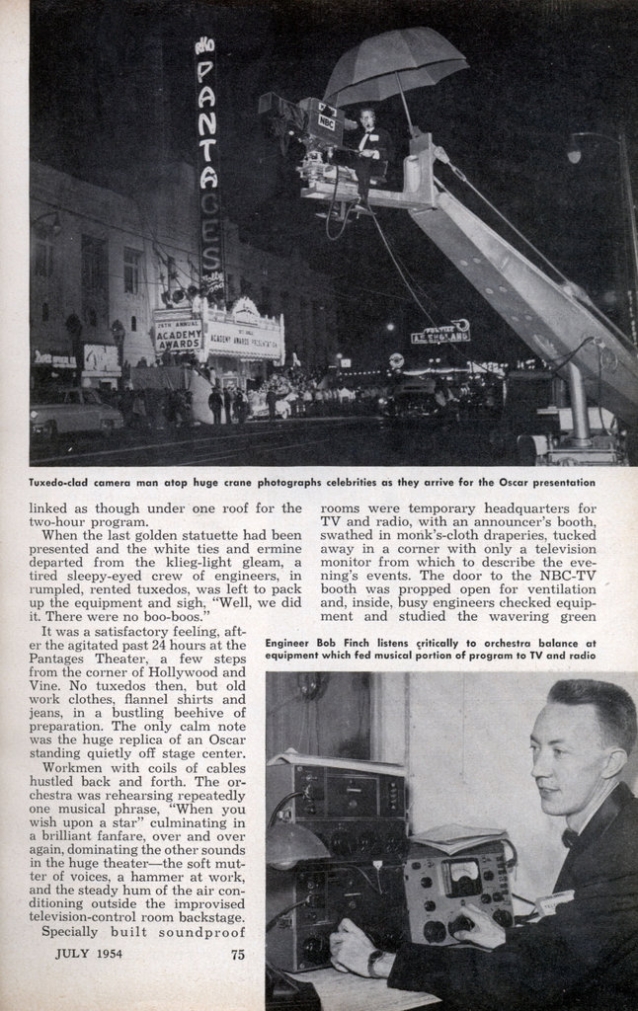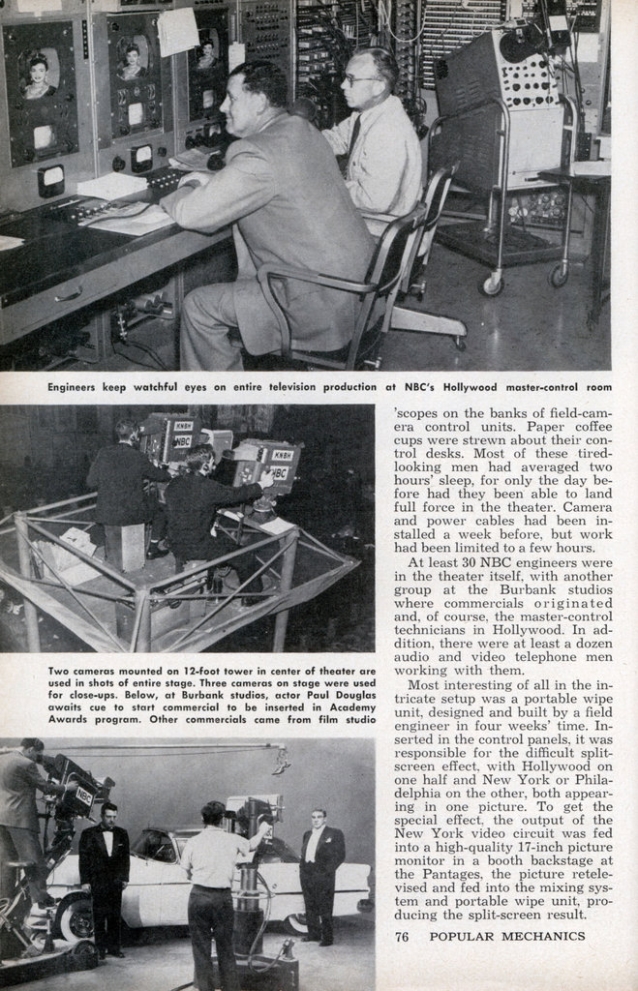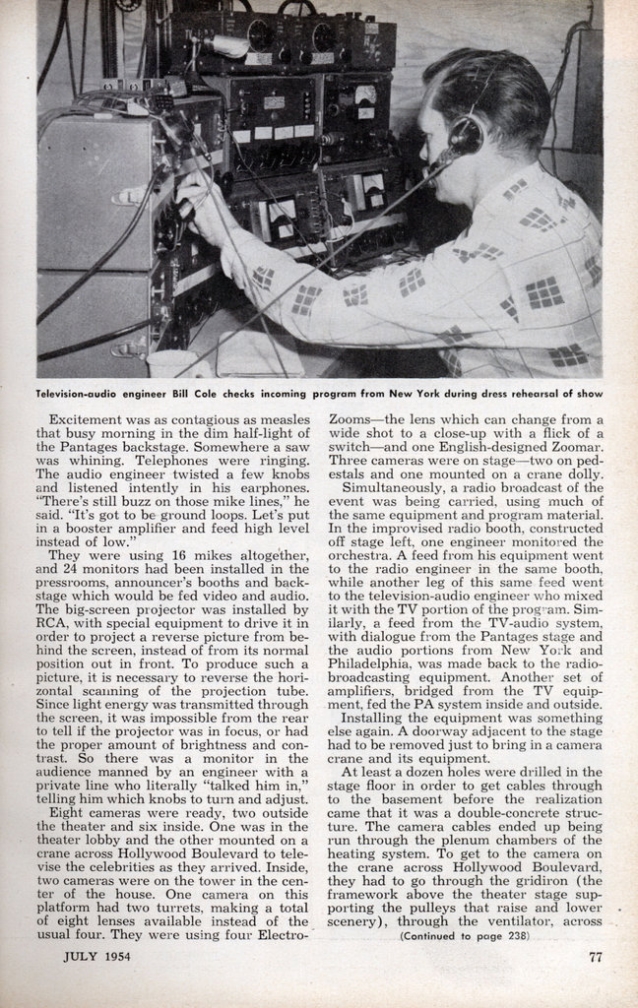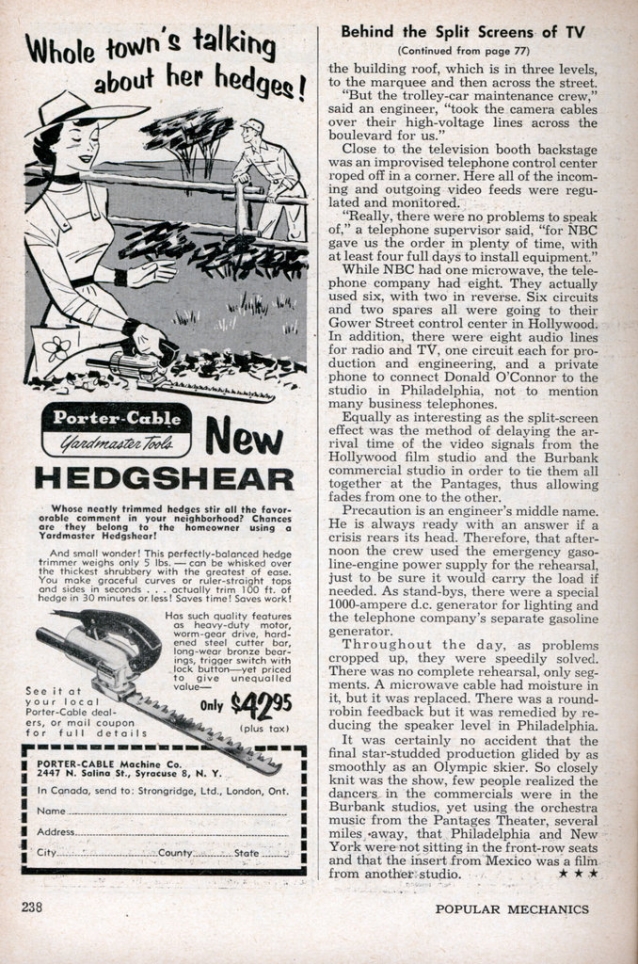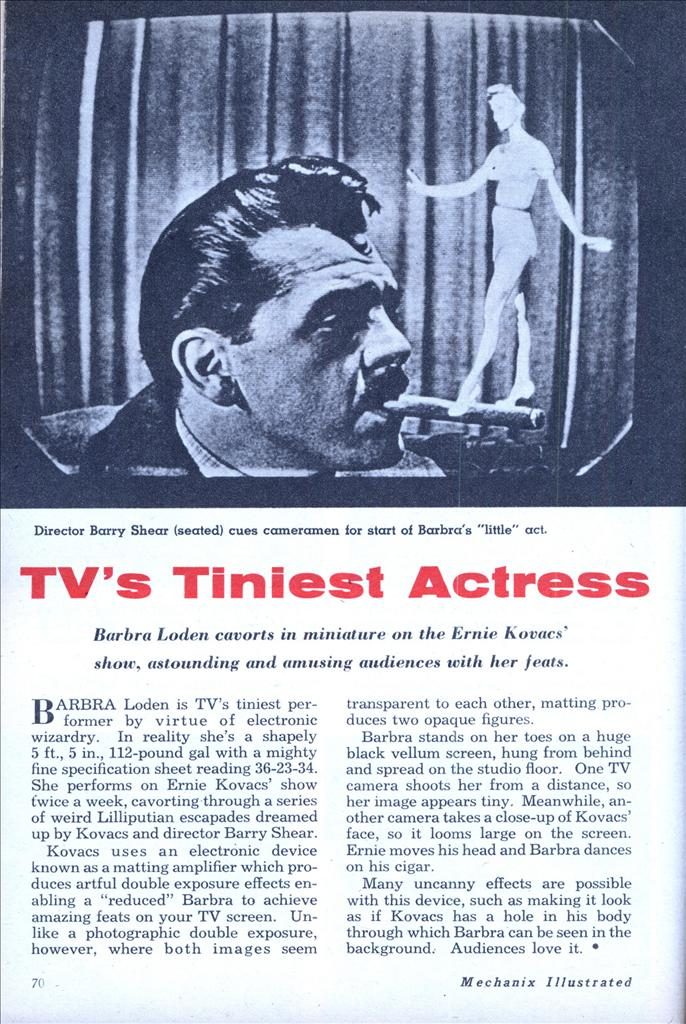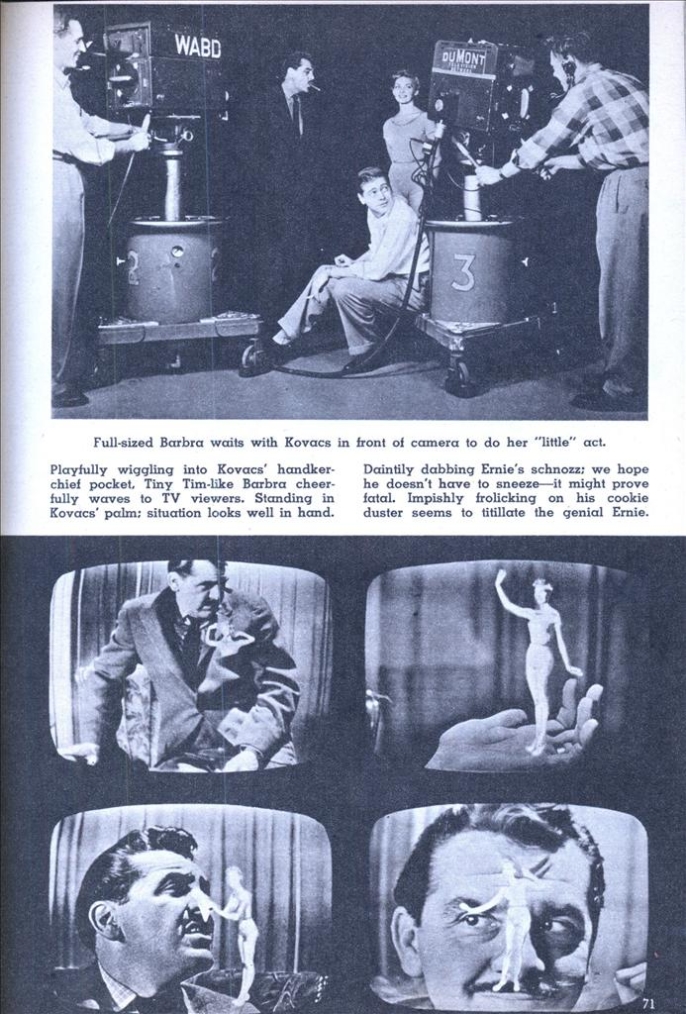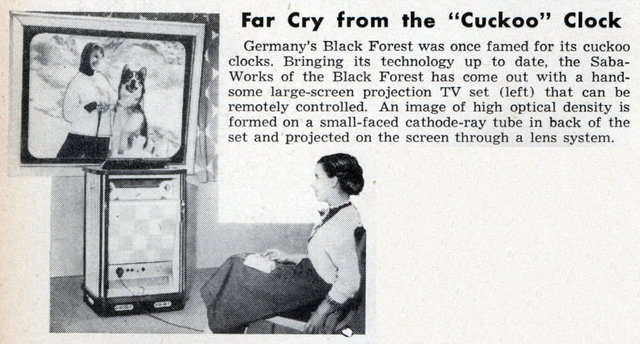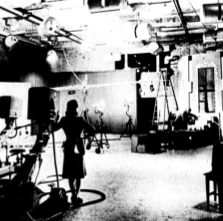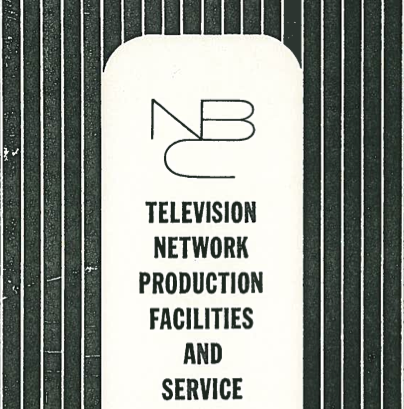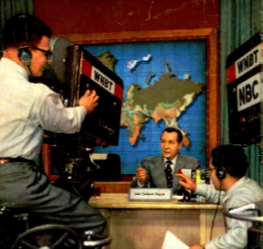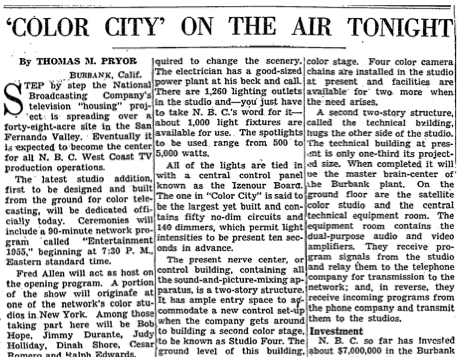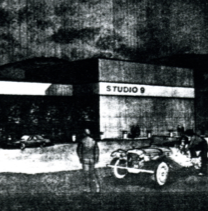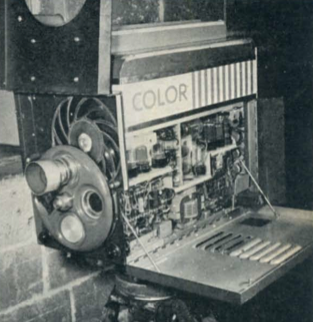- Home
- TV History
- Network Studios History
- Cameras
- Archives
- Viewseum
- About / Comments
Skip to content
Posts in Category: Library
1952: TV Goes to the Conventions
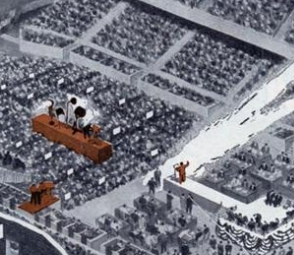
Popular Mechanics shows in detail how one of the 1952 political conventions would be televised from Chicago. These were major broadcast events, and the amount of equipment and people brought in is just amazing.
1954: Behind the Split Screens of TV
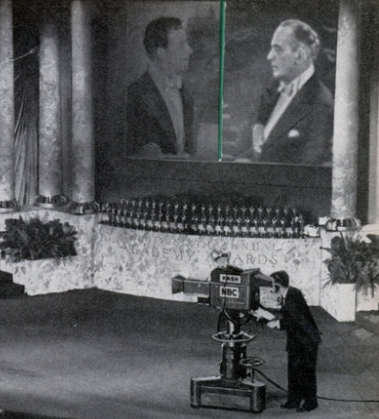
Great article on how the first coast-to-coast, split-screen telecast of the 1954 Oscar ceremony was done. Awards were handed out in New York and Los Angeles at the same time, and the full story of how it was done is all here. This should bring back a lot of memories on how much Ma Bell meant to broadcasting in those days.
1955: The DuMont Electronicam
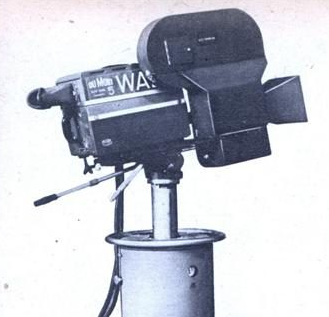
A one-page article on the DuMont Electronicam and its use on Jackie Gleason’s classic program The Honeymooners. It combined television and film.
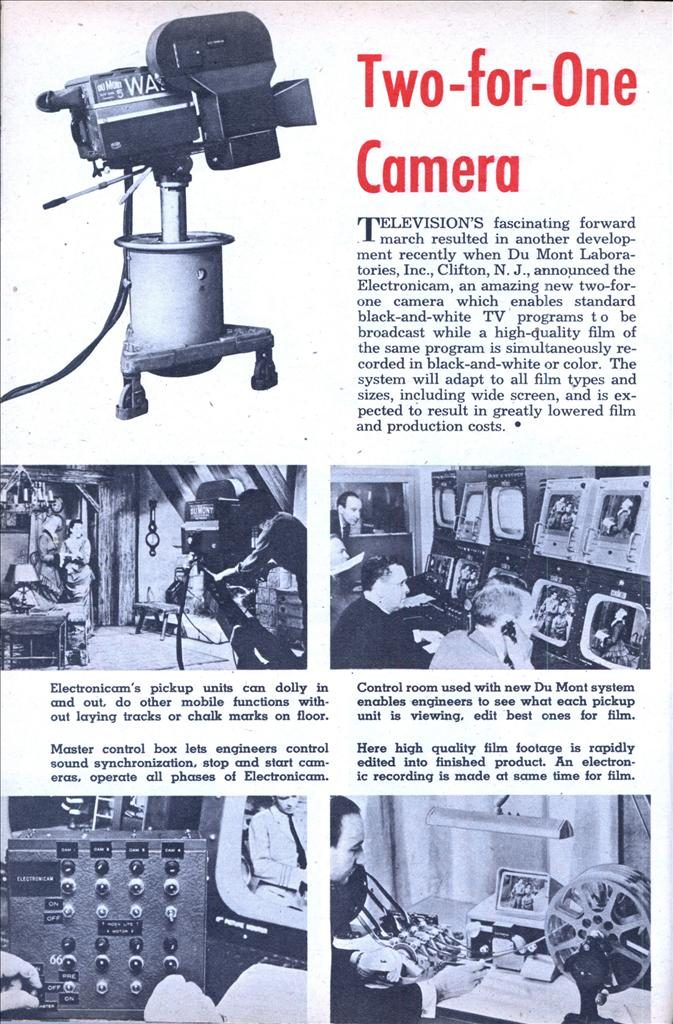 .
.
1955: Ernie Kovacs’ Special Effects
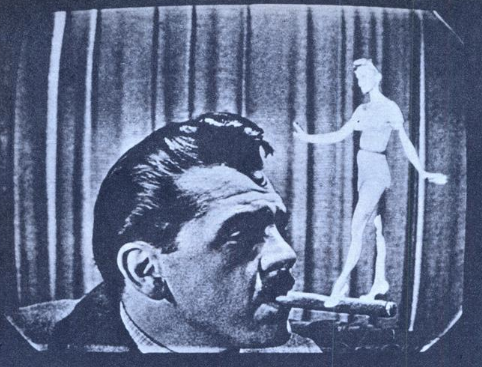
Here is a 1955 article on some of the special effects Ernie Kovacs used on his program, an early pioneer in TV magic and electronic wizardry.
1964: Watch Your Favorite Show ANY Time!
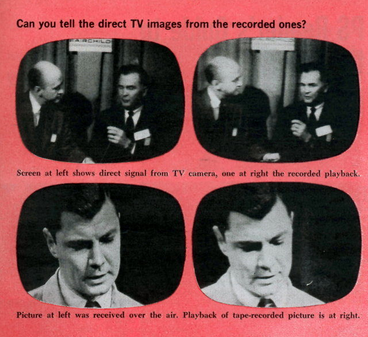
This short article in Popular Science is about the early home video tape offerings. It’s a long way from there to where we got with Beta and VHS.
The History Of The Moving Image
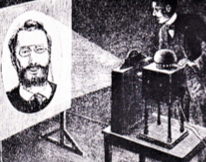
From the Thraumatrope to the Video Walkman, the milestones are all here, in a brilliant 24 page creation from our friends at The American Museum Of The Moving Image.
The Dawn Of Tape
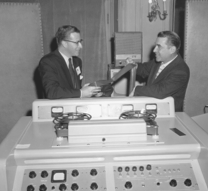
An in-depth look at the development of videotape as we know it. This 24 page article is one of the best I’ve seen on the history of videotape.
NBC’s Chimes History, 1950-1978
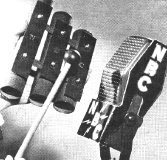
From NBC’s internal files, here are documents on NBC’s iconic signature sound as it has changed and endured over the years.
“Radio Age,” 1948-1950
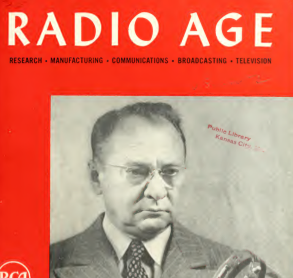
A 290 page collection of RCA’s in-house journal of advances in mass communication technology from 1948-1950.
NBC’s Radio City West, 1938
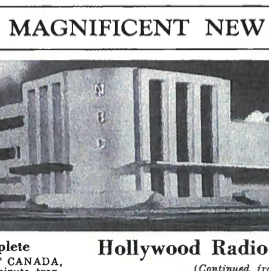
A selection of articles about the opening of NBC’s first purpose-built Hollywood facility, which it occupied until 1964.
1953: “This Is Color TV”
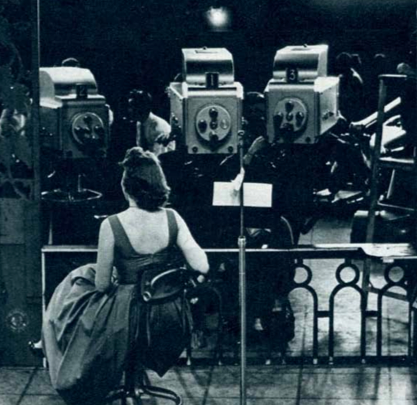
TV Guide takes a look at progress in color television technology, and on the last two pages, shows us rare images inside NBC’s first color facility…The Colonial Theater and the RCA TK40 prototype cameras.
Behind The Scenes With Eddie Brinkmann
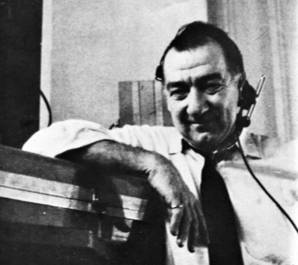
Ed Sullivan stage manager Eddie Brinkmann gives a glimpse of what you didn’t see on camera. He was the Stage Manager for Ed Sullivan from Day 1, till the end, and worked on many of the biggest CBS shows of the era.
